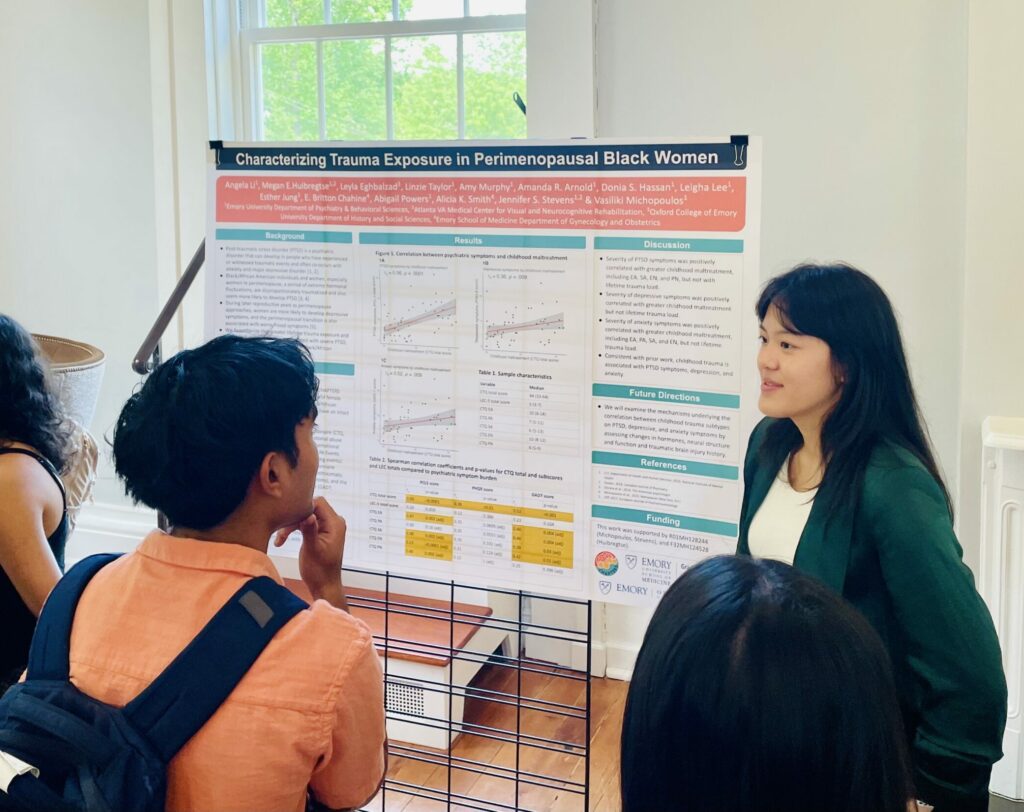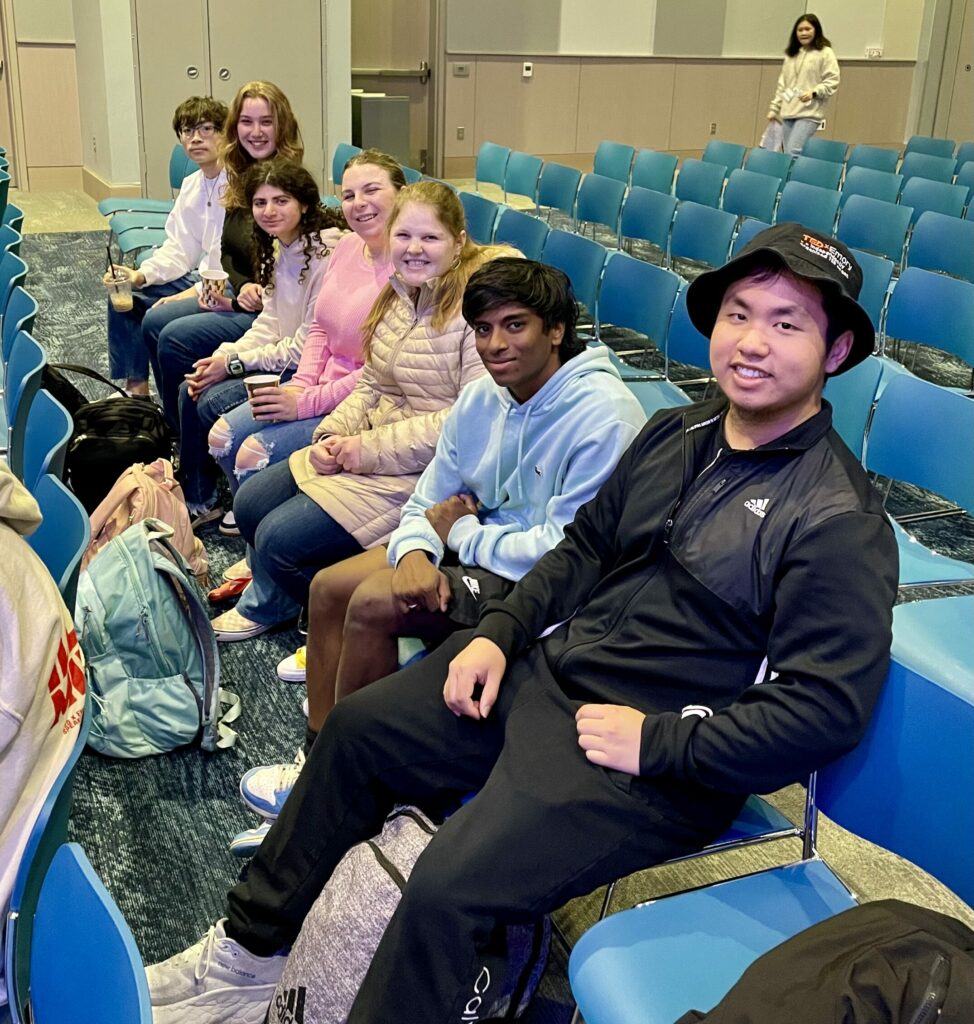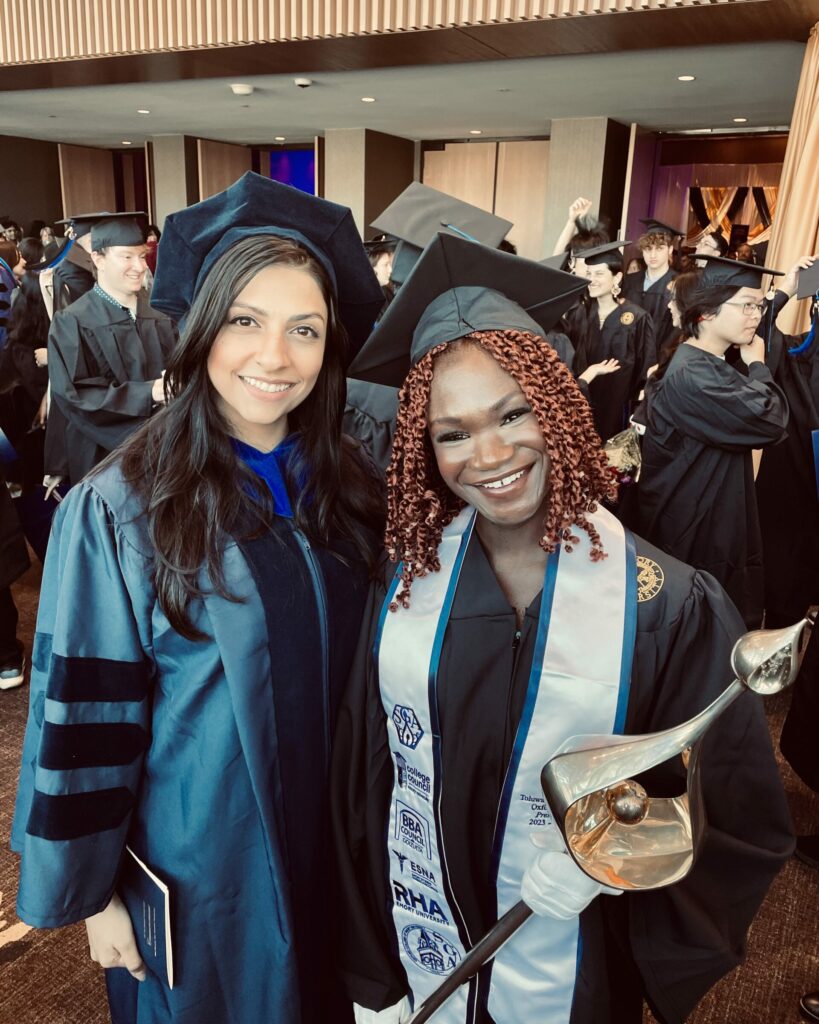Teaching and Mentorship Philosophy
I believe that effective teaching goes beyond the mere dissemination of information; it involves creating meaningful learning experiences that inspire curiosity, promote active participation, and cultivate a deeper understanding of the subject matter.

Commitment to Student-Centered Learning
Central to my teaching philosophy is the importance of student-centered learning approaches that empower students to take ownership of their learning. By incorporating active learning techniques, collaborative projects, and real-world applications into my courses, I aim to create an environment where students are encouraged to explore, question, and construct knowledge collaboratively. I firmly believe that education should extend beyond the confines of the classroom, empowering students to apply their knowledge to real-world contexts and make meaningful contributions to society
Fostering an Inclusive and Supportive Learning Environment
Although our universities have prioritized addressing inequities in education over the years through their respective equity and inclusion operations at the institutional level, as an educator I am in a uniquely privileged position to bring the ideals of this ongoing mission to fruition on a daily basis. In addition to implementing various learner-centered techniques, I embrace the role I play in supporting and improving the sense of equity and inclusion in my classrooms. Over the years, my own diverse background and experiences as an immigrant student and instructor have brought dimensionality and depth to my understanding of various issues related to inclusion, equity, and belonging.


Continuous Professional Development and Pedagogical Innovation
I am committed to my continuous professional development and pedagogical innovation to ensure that my teaching practices remain current, effective, and responsive to the evolving needs of students and the field of Psychology. I actively seek out opportunities for professional growth, such as attending teaching conferences, participating in pedagogical training programs, and collaborating with colleagues to exchange ideas and best practices. By staying informed about the latest research and trends in teaching and learning, I hope to enhance my teaching effectiveness and create meaningful learning experiences for my students. Feedback from students has been instrumental in shaping my teaching philosophy and pedagogical approach.
Courses I Enjoy Teaching
Psychology is the scientific study of behavior and mental processes. As such, it is the study of you and your classmates and your family and everyone around you. Have you ever wondered…why you made a particular decision? Why are you and your sibling so similar (or so different)? What makes some people experience significant episodes of depression and others seem to experience only minor blues every now and then? How can I help my friend when she seems so stressed? Why are little kids so bad at hide and seek? What makes friends so important to us? Why am I attracted to that person? How can we reduce prejudice and discrimination? Why do people act differently in groups than when they’re alone? A primary aim of this course is to introduce you to many of the questions like these that psychologists ask and to consider the methods psychologists use to answer those questions.
This course provides an overview of the field of developmental psychology. We explore the current thinking and research regarding developmental psychology, focusing primarily, but not exclusively, on the physical, cognitive, and social development of infants and children. Key themes will integrate information throughout the course of the semester, including the cumulative roles of nature AND nurture, the contributions of individuals to their own development, and the influence of social and cultural factors on development.
How do we understand and study the second decade of life? Is adolescence a period of storm and stress? Is it a period of smooth transition from childhood to adulthood? The concept of adolescence as we know it today came into being around the turn of the twentieth century, and since that time, adolescence has been studied extensively by psychologists, anthropologists, sociologists, neuroscientists, and many others.
In this course, we investigate the important changes that occur biologically, cognitively, emotionally, and socially from approximately ages 12 to 20. In studying these changes, we consider how they are affected by the contexts in which adolescents live—families, schools, peers and friends, cultural contexts. We study how empirical research in psychology can help us ask and answer questions about adolescence.